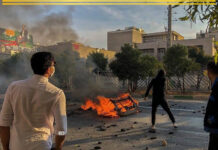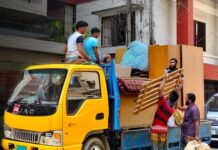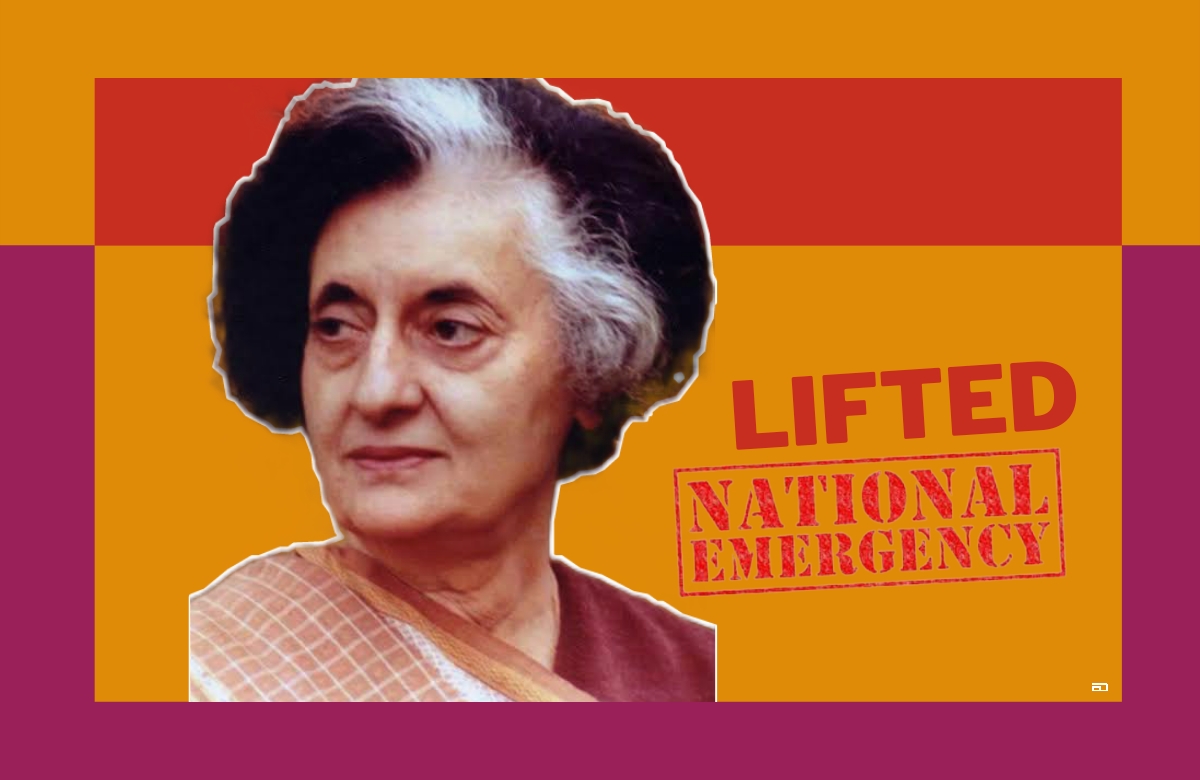Back in Time is ED’s newspaper-like column that reports an incident from the past as though it had happened just yesterday. It allows the reader to relive it several years later, on the date it had occurred.
As the entirety of India reeled from deep slumber through the dawn of June, not many were prepared for what the day would entail. The chirping of birds were solemnly and grudgingly followed by a certain declaration out of the Presidential Office on the 26th of June, 1975.
President Fakhruddin Ali Ahmed spared no words as he declared national emergency through the lengths of the country, acutely supporting the directives of Prime Minister Indira Gandhi.
India heaved a sigh of relief with the ghost of the Emergency long past us, it was the Opposition, essentially, who heaved the deepest of sighs. Case in point, today marked the day wherein scores upon scores of politicians chose to come out of hiding, once again as free folk.
The iron fists of the Iron Lady can no longer strongarm the people of the country and free thought will no longer be punished, rather it will be appreciated.
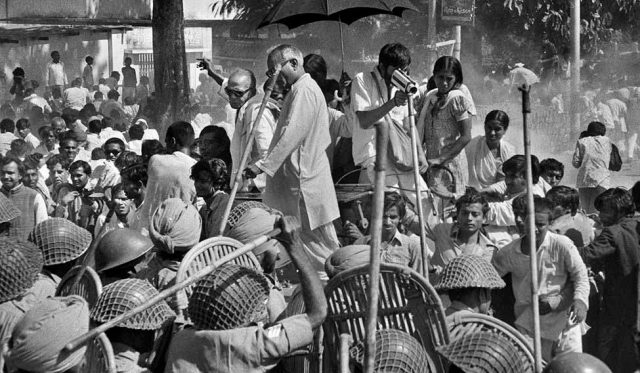
In effect, the Emergency had been called off in January of this year itself, however, the end of the rule of the anachronistic dictator will always be the marking of India’s relapse into becoming a democracy.
However, it would suit Indira Gandhi to weigh the decisions she makes following today since her decision of calling for fresh elections in January has absolutely backfired. The streets reverberated with throngs of people showering themselves with the celebratory gulaal, as Big Brother was now no more at the helm.
Gandhi believed herself to be empowered and still be popular enough after the dark days of the Emergency to warrant for her place in the Prime Minister’s Office once again. Unfortunately for her, the Indian people know better.
Also Read: Emergency 1975: Remembering Democracy’s Black Day
Political prisoners who lay behind bars as of now, have been ordained to be released in some time. These happenings also emphasize the fact that today the democratic foundations of India have been overwhelmingly victorious and it would suit the Indian National Congress to remember that it is the people of the country that make the nation.
Numerous political leaders, who had previously gone into hiding, have now emerged back into Indian society. The hope of not being masqueraded into another five years of a dictatorial regime makes the people vote for the Janata Dal. INC will have to take the flouting loss sportingly.
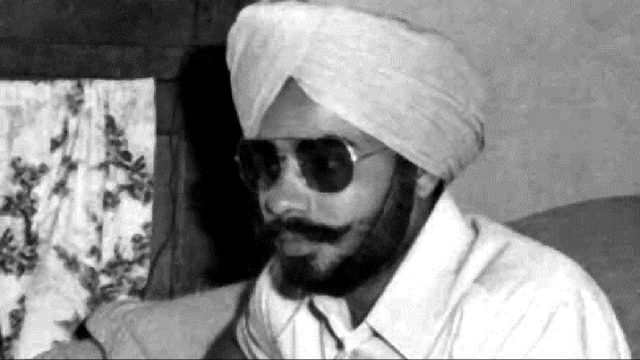
There exists little fear among the masses anymore, however, a sense of weary drear still hangs in the air. The two years will seem like a teensy blip in India’s long and foreboding history and possibly, in about a hundred years nobody will remember the Emergency unless and until they choose to extensively research about India.
However, it is no longer about the future. It is about the present that we live in. Living through it all with the constant dread of being thrown behind bars at the slightest of governmental inconveniences has to be an experience no Indian wishes to live through ever again.
Hopefully, we will take a page from our book and not repeat such mistakes ever again in the foreseeable future. If we do then maybe it really is an autocracy that we deserve.
Post Scriptum
The Emergency period from 1975 to 1977 during Indira Gandhi’s tenure in office is still regarded as one of the darkest periods in modern Indian history. In effect, it is often also regarded as one of the worst and most harrowing periods in the history of any democracy the world over.
To put matters into perspective, the Emergency had essentially led India to devolve as a democracy with the Press losing its freedom to journalistic integrity while the citizens lost their freedom of speech. Unfortunately, these clauses only scratch the surface as the rabbit hole only gets deeper the more you read into it.
Ministers from the Janata Party had thus, using the narrative of “Democracy vs Autocracy”, practically won the elections by then. Recording a landslide victory in the elections, India had once again found its democratic foundations.
Unfortunately, the government formed by Morarji Desai had little else planned when assuming office. All they knew and had planned about was ousting Indira Gandhi from power and thus, inadvertently the government toppled.
Fortunately, we never succumbed to the calls of National Emergency after the 1975 scenario. However, our governments have successfully played the various institutions like their personal fiddle for generations. The masses are all the wiser for it yet seemingly oblivious to the same.
Disclaimer: This article is fact-checked
Image Sources: Google Images
Sources: India Times, The Indian Express, Times of India
Connect with the blogger: @kushan257
This post is tagged under: indira gandhi, 1975, 1975 emergency, indira gandhi emergency, morarji desai, darkest hour, autocracy, democracy, India, constitution, indian constitution, government, Narendra modi, janata dal, bjp, indian national congress, congress, elections, lok sabha, parliament, politics
We do not hold any right/copyright over any of the images used. These have been taken from Google. In case of credits or removal, the owner may kindly mail us.
Other Recommendations:
Why Did AAP Hold Victory Rallies in UP Despite Not Winning Any Seat?









